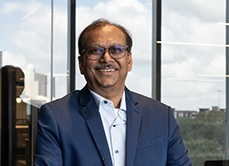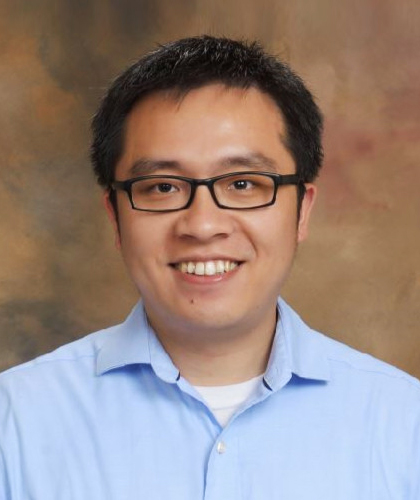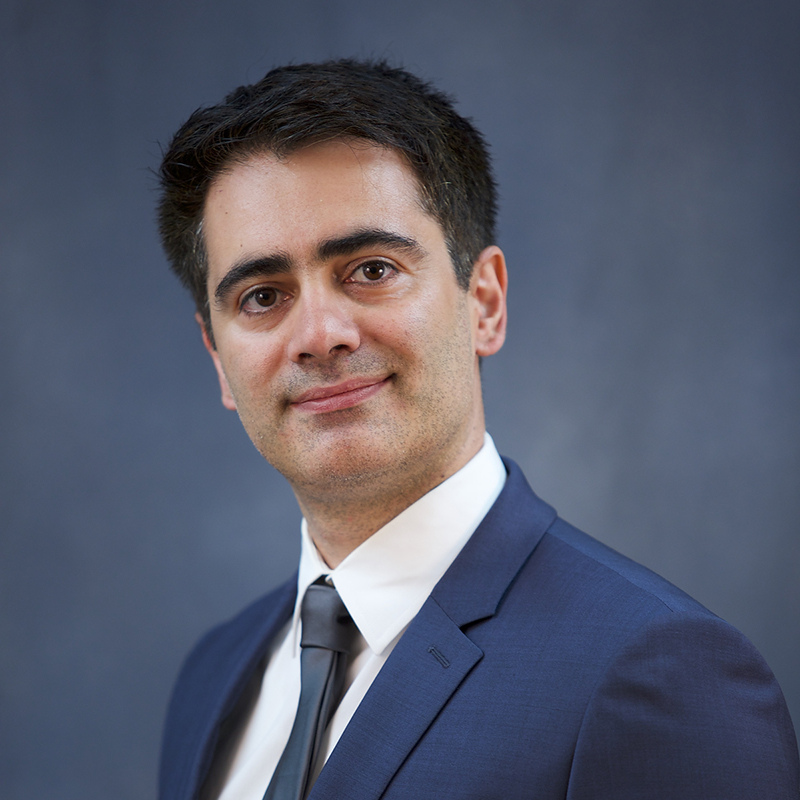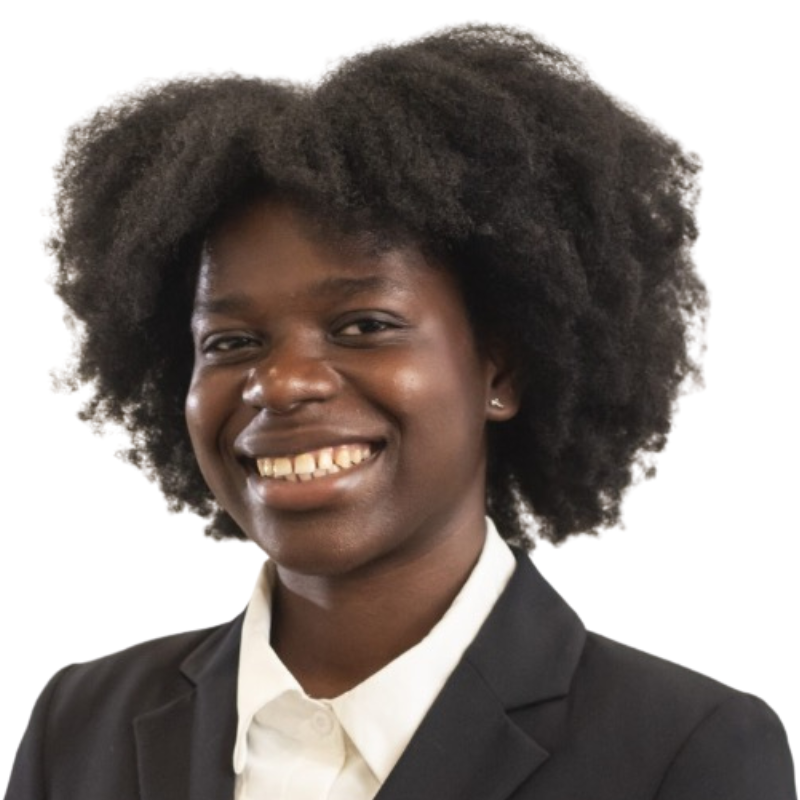No article found or not published for this site.










Recent Stories
Stories / Jan 27, 2026
Maryland Engineering Maintains Status as National Leader in...

Stories / Jan 23, 2026
Two ECE Ph.D. Students Receive Ann G. Wylie Dissertation...

Stories / Jan 20, 2026
Professor Isaak Mayergoyz Publishes 18th Book

Stories / Jan 16, 2026
ECE M.S. Student Mateo Lim Recognized at AVS71

Stories / Jan 13, 2026
Sensor Advancement Breaks Barriers in Brain-Behavior Research

Stories / Jan 7, 2026
Sudden Breakups of Monogamous Quantum Couples Surprise...

Stories / Jan 5, 2026
ECE Alum Sanjoy Paul (Ph.D. ’92) Named Fellow of NAI

Stories / Dec 19, 2025
Professor Cheng Gong Awarded $1M Single-PI Grant from U.S. Navy

Stories / Dec 19, 2025
Alireza Khaligh Named IEEE Fellow

Stories / Dec 16, 2025
REACH Student Wins Prestigious ARO Scholars Award
